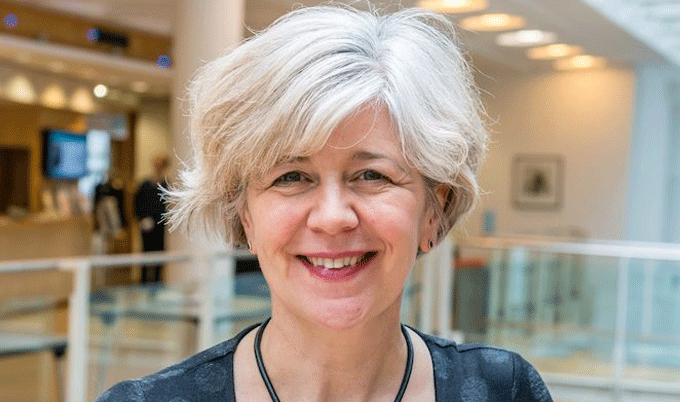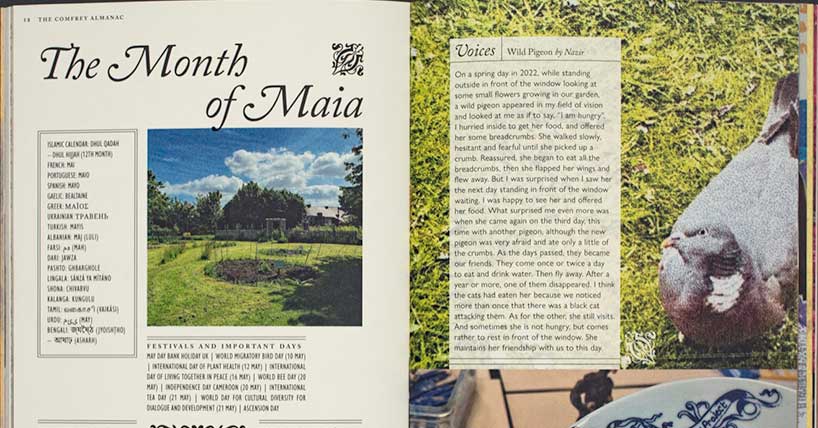PHIRST
PHIRST for golden opportunities to create public health evidence
Published on: 15 November 2022
An innovative scheme is enabling local government to work with the UK’s leading public health researchers to rapidly evaluate initiatives that aim to improve health in their communities.
Local government organisations play a vital role in their areas, with an ability to positively influence public health and health inequalities.
Initiatives in the region being delivered are important and often innovative, but local government teams have not always been able to benefit from the research and evaluation support they might have wanted or needed.

Key partnerships
The National Institute for Health and Care Research (NIHR) Public Health Intervention Responsive Studies Teams (PHIRST) scheme, involving experts at Newcastle University, seeks to address this gap.
To date NIHR has invested approximately £15 million in PHIRST and there are currently six PHIRST teams, including Newcastle, which are ready and waiting to produce robust health-related evaluations of local initiatives.
Ashley Adamson, Professor of Public Health Nutrition at Newcastle University, leads one of the six PHIRST teams – PHIRST Fusion, a collaboration led by Fuse (the Centre for Translational Research in Public Health) in partnership with Queen's University Belfast, the University of Edinburgh, the University of Glasgow, and the University of Sheffield.
Professor Adamson said: “The PHIRST teams bring new and exciting opportunities and funding to work in real partnership with local governments from across the UK.
“The funding is used for evaluation of innovative public health interventions delivered locally; this explores both what works but also how interventions could be improved.”
Evaluations are co-produced with local government teams, with public involvement and engagement a key component, to ensure that the research answers the most important questions facing decision-makers.
Evaluation outputs are tailored to local government needs. In this way, PHIRST seeks to provide an opportunity to learn from local initiatives and generate an evidence base on which future local government decision-making can be based.
To date, the PHIRST teams have worked on a range of evaluations, with examples, including: remote provision of drug and alcohol services in Leeds; provision of universal free school meals in the London Borough of Hammersmith and Fulham; voluntary-sector-led delivery of employment support in Fife; and an adaptation of an exercise referral scheme in Wales.
Valuable resource
The newly launched PHIRST website will be used to share the learning from this research locally, nationally, and internationally. It will also provide a valuable resource for local government teams who are keen to submit an expression of interest to have an intervention of their own evaluated.
The NIHR is keen to build capacity in preventive and public health research. The PHIRST scheme is key to this ambition, and forms part of the NIHR’s Public Health Research (PHR) Programme.
The PHIRST scheme complements the recently announced NIHR Health Determinants Research Collaborations (HDRCs), which aim to enable local government to become more research-active. PHIRST also complements the Public Health Practice Evaluation Scheme (PHPES) of the NIHR School for Public Health Research.



